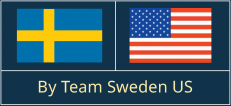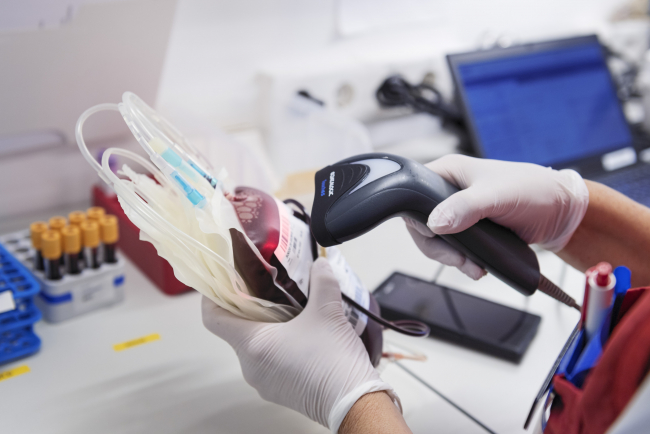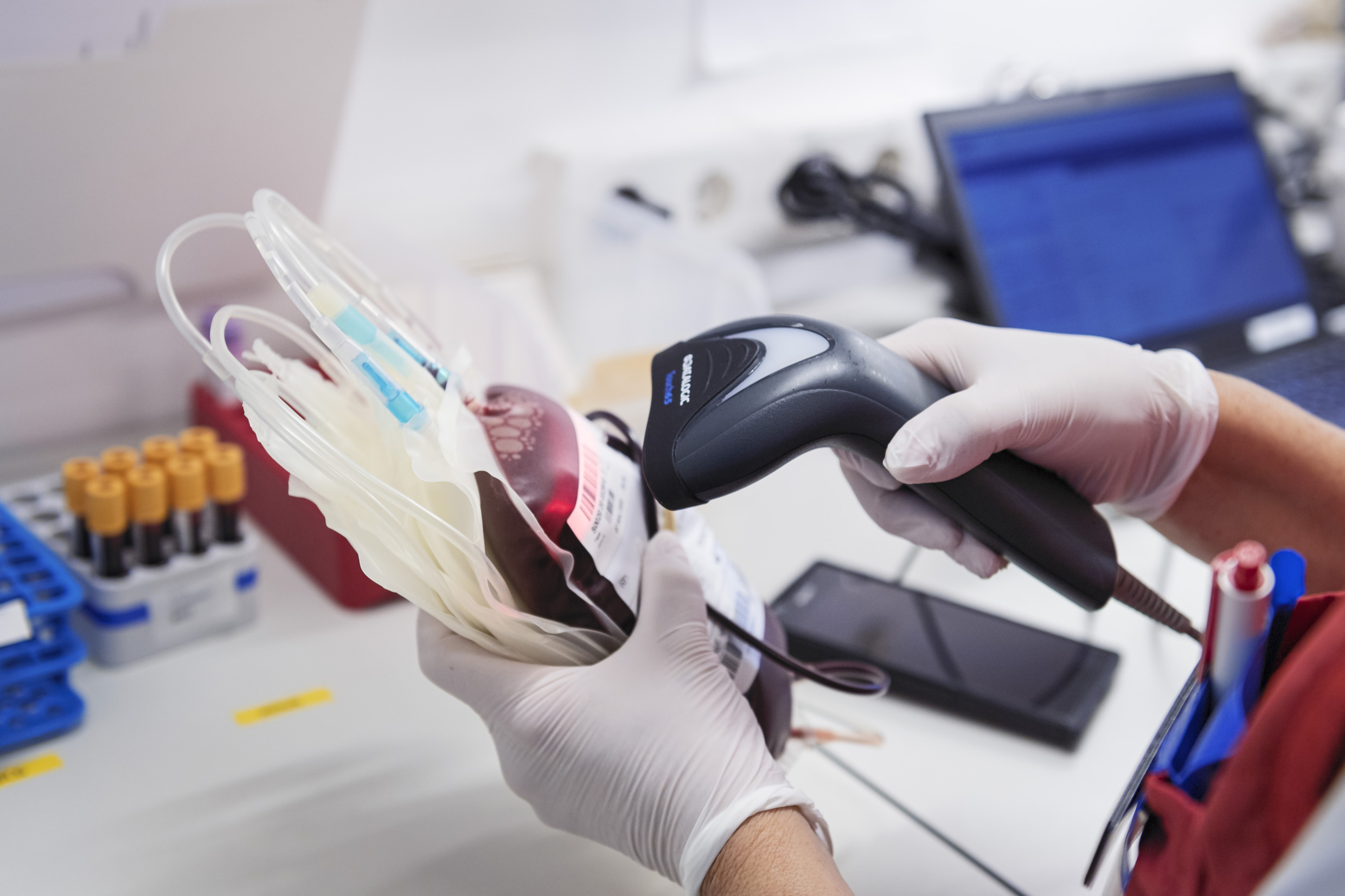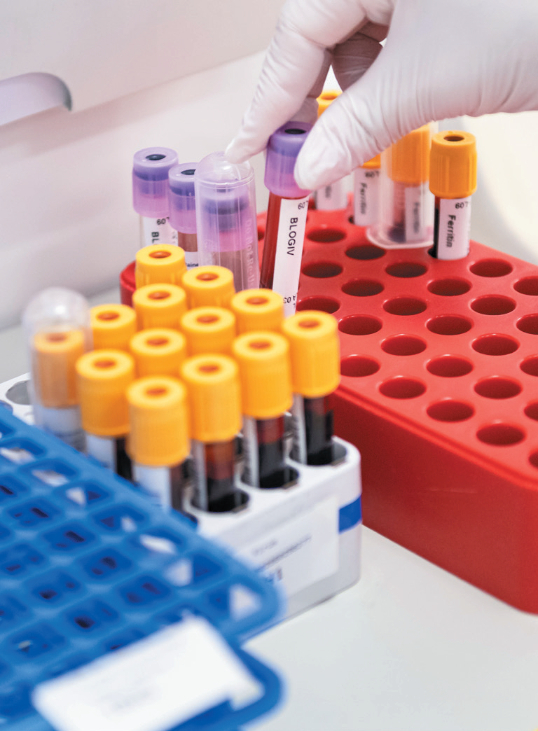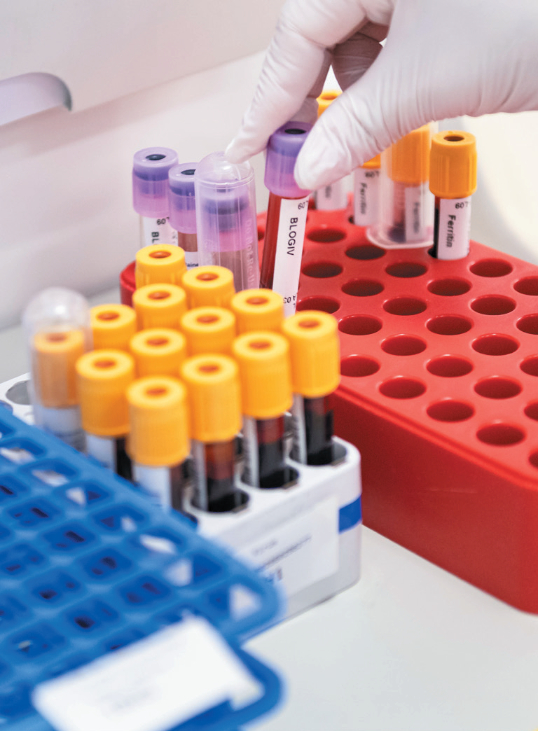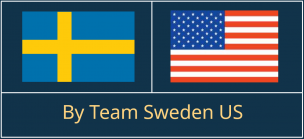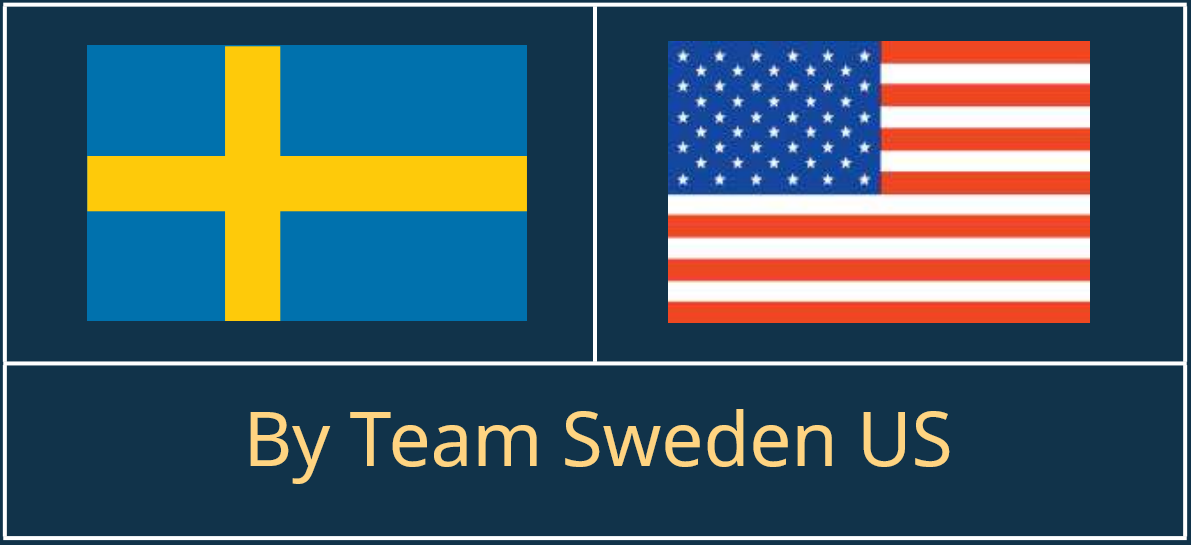- Home
- Economic Ties
- State Profiles
- Alabama
- Alaska
- Arizona
- Arkansas
- California
- Colorado
- Connecticut
- Delaware
- District of Columbia
- Florida
- Georgia
- Hawaii
- Idaho
- Illinois
- Indiana
- Iowa
- Kansas
- Kentucky
- Louisiana
- Maine
- Maryland
- Massachusetts
- Michigan
- Minnesota
- Mississippi
- Missouri
- Montana
- Nebraska
- Nevada
- New Hampshire
- New Jersey
- New Mexico
- New York
- North Carolina
- North Dakota
- Ohio
- Oklahoma
- Oregon
- Pennsylvania
- Puerto Rico
- Rhode Island
- South Carolina
- South Dakota
- Tennessee
- Texas
- Utah
- Vermont
- Virginia
- Washington
- West Virginia
- Wisconsin
- Wyoming
- Company Profiles
- Alfa Laval
- Alten
- Aspen
- ASSA ABLOY
- AstraZeneca
- Atlas Copco
- Autoliv
- Axis Communications
- BabyBjörn
- CELLINK
- Electrolux
- Elekta
- Eolus
- Epidemic Sound
- Ericsson
- Essity
- Fjällräven
- Getinge
- Happy Socks
- Hexagon
- Hilleberg
- H&M
- Husqvarna
- Hyper Island
- Hästens
- Icomera
- IKEA
- Kinnarps
- Klarna
- Loomis
- New Wave Group
- Nudie Jeans
- Opus
- Ovzon
- Patricia Industries
- Saab
- Sandvik
- SAS
- Sectra
- Securitas
- Sensys Gatso
- Skanska
- SKF
- SnackCo
- Spotify
- SSAB
- Swedish Match
- Tetra Pak
- Thule Group
- Tobii Dynavox
- Volvo Car Group
- Volvo Group
- Yubico
- This is Sweden
- Team Sweden US
